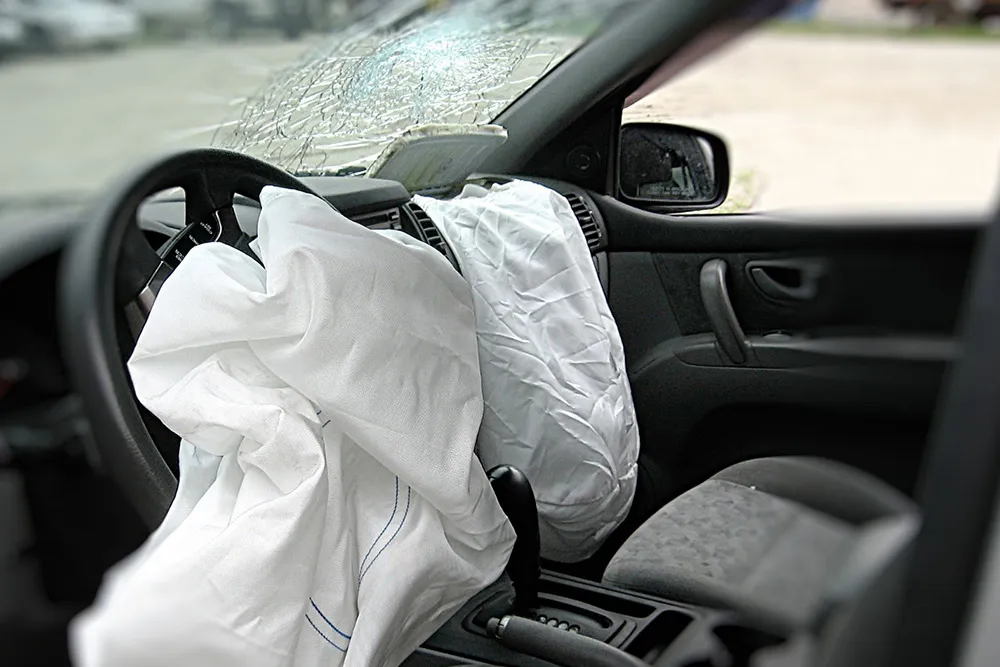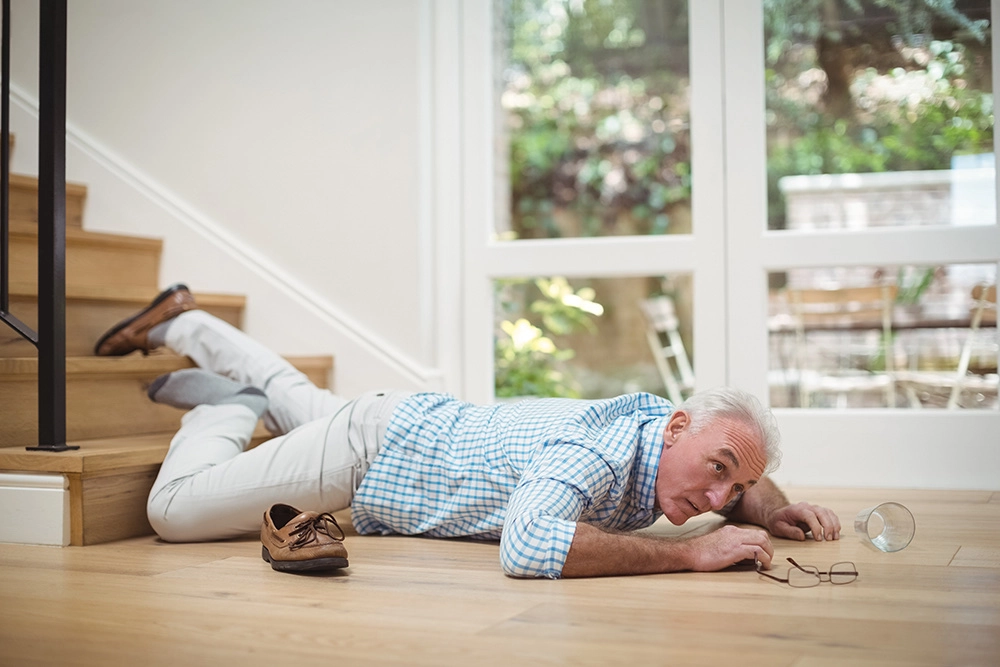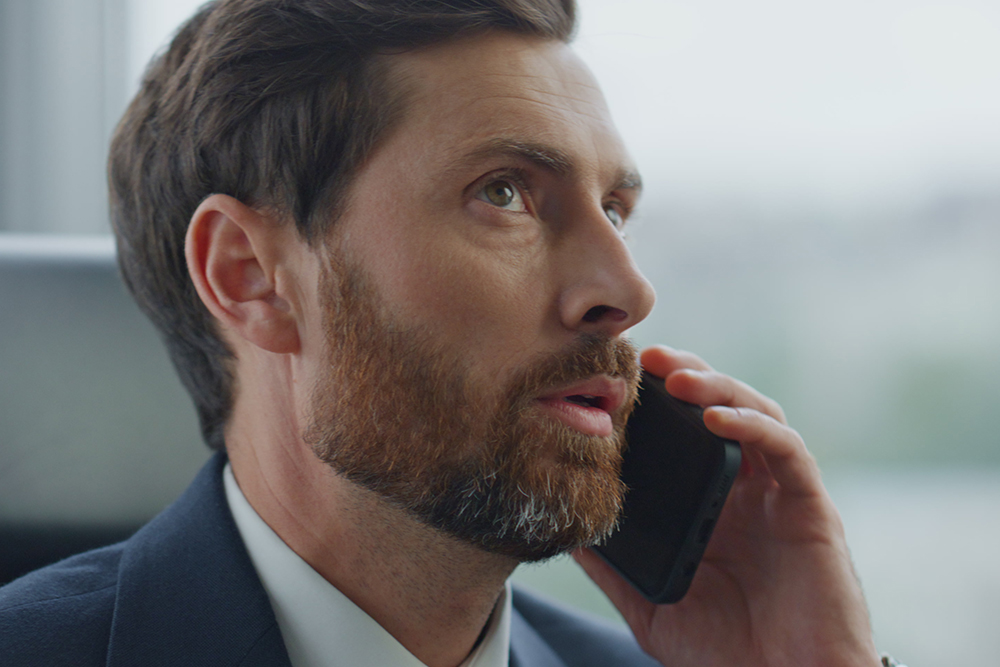If you’re planning on taking your bike out for a spin on the trails, or want to take the kids to the local park, make sure to grab your helmets! The bicycle helmet laws in Florida are some of the most stringent in the United States, requiring all riders under the age of 16 to wear them when riding on any public roads, pathways, or sidewalks. In addition to protecting you from serious injury, the Florida helmet law also helps prevent legal liability, and can aid you in recovering compensation if you’re ever injured in an accident.
The Bicycle Helmet Law In Florida – What It States
In Florida, anyone under 16 years of age must wear a helmet when riding a bicycle or are a passenger of a bicycle. This information is found in Florida’s Statute 316.2065(3D), which explicitly states:
“A bicycle rider or passenger who is under 16 years of age must wear a bicycle helmet that is properly fitted and is fastened securely upon the passenger’s head by a strap and that meets the federal safety standard for bicycle helmets, final rule, 16 C.F.R. part 1203. As used in this subsection, the term “passenger” includes a child who is riding in a trailer or semi-trailer attached to a bicycle.”
Essentially, what this means is that if you’re under the age of 16, or your children are, they need to wear a properly fastened and fitted helmet. If found to be in violation of this, it could result in a citation/fine.
For individuals who are over the age of 16, the Florida bike helmet law is not applicable to you. However, the state of Florida still recommends that all bicyclists wear a helmet while riding, as it can prevent serious injury in the event of an accident.
The Risk of Cycling Without a Helmet
It’s easy to underestimate just how serious an injury from a bicycle accident can be without wearing a helmet. According to the Centres for Disease Control and Prevention (CDC), head injuries account for about 62% of all bicycle-related deaths, while 75% of fatal injuries among 5-14 year olds involve head trauma.
The CDC also reports that wearing a helmet while bicycling can reduce the risk of head injury by 80%, while a 2018 study notes that the use of bicycle helmets can reduce the risk of head injury by 48%, serious head injuries by 60%, and concussions/traumatic brain injuries (TBI) by 53%. This demonstrates just how important it is for parents to ensure their kids are wearing helmets, and it’s worth noting that even if you live in an area where there is no law requiring bicyclists to wear helmets, wearing one is still strongly recommended.
Florida Helmet Law: Why Fit Matters
All helmets are not created equal. In fact, there are several factors that can impact the level of protection they offer to riders. For this reason, it’s extremely important to make sure that your helmet is properly sized and fitted. A properly-fitted bicycle helmet should:
- Sit squarely on the head. The front of the helmet should sit approximately one inch above the eyebrows.
- Not move around on the head. The helmet should be snug, but not too tight or too loose.
- Be level and cover the forehead. There should be no gaps between your head and the helmet – if you can slide more than two fingers between the strap and your chin, the helmet is too big.
If you’re unsure whether your child’s helmet is fitted properly, you can consult the CDC’s Heads Up Bike Helmet Safety Brochure, to learn more about helmet safety. This will help ensure that your child’s helmet is properly sized and fitted so that it can provide the maximum level of protection in the event of an accident.
How Does The Bicycle Helmet Law in Florida Impact Personal Injury Claims?
If you or your child were involved in a bicycle accident and sustained serious head injuries, you may be wondering how the Florida bike helmet law affects your ability to seek compensation for your medical expenses, lost wages, and other damages. This is a common question that our team here at Personal Injury of Florida hears from many of our clients.
Since Florida is a no-fault state, a person injured in any type of motor vehicle accident – including bicycle accidents – can seek compensation through their personal injury protection (PIP) insurance. However, in cases where a bicyclist suffers severe head injuries, the full cost of their medical expenses and other damages may be astronomical. At this point, the injured bicyclist may want to seek compensation from the driver who caused the accident through a personal injury claim.
Under Florida’s bike helmet law, if a bicyclist is injured in an accident and their injuries were caused by someone else’s negligence, but they were not wearing a helmet at the time of the accident, the Florida Statute 316.2065(18) states,
“The failure of a person to wear a bicycle helmet or the failure of a parent or guardian to prevent a child from riding a bicycle without a bicycle helmet may not be considered evidence of negligence or contributory negligence.”
This means that the lack of a helmet cannot be used as evidence to prove that a bicyclist was at fault for their injuries. This will help ensure that all injured bicyclists have an equal chance of seeking the compensation they need to cover their medical expenses and other damages.
Have You Been In A Bicycle Accident? Reach Out Today!
We hope this article has helped you understand the importance of wearing a helmet while riding your bike, and how Florida’s helmet law affects personal injury claims. If you or someone you know has been injured in a bicycle accident, it’s important to seek legal advice from an experienced attorney as soon as possible.
At Personal Injury of Florida, our team is here to help answer any questions that may arise regarding seeking compensation for medical bills and other damages incurred due to negligence on behalf of another party. Reach out today for more information about your rights following a bicycle accident, so we can get started helping you get back on track!
![]() January 27, 2023
January 27, 2023




